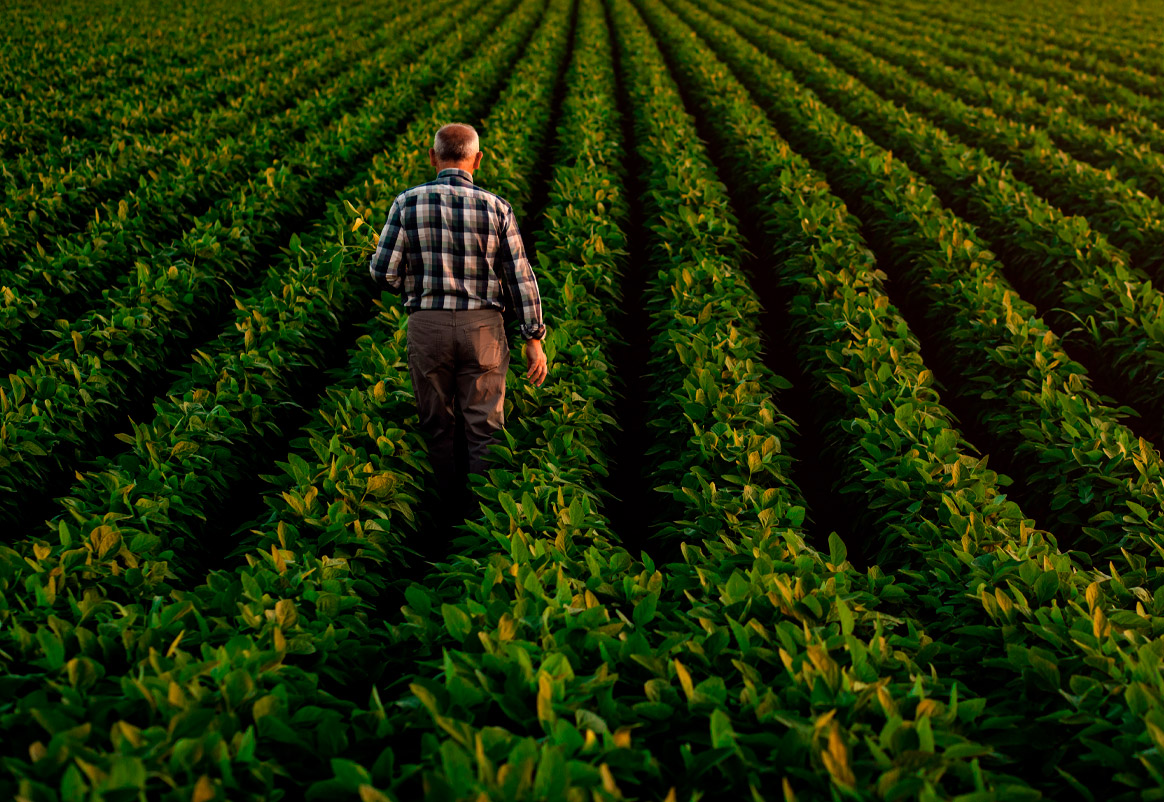In the intricate landscape of global agriculture, agronomists serve as vital links between local farms and international markets. Their role extends beyond traditional boundaries, as many now work within commodity trading companies, bridging the gap between field-level practices and global trade demands.
This strategic integration allows trading companies to actively participate in shaping sustainable and efficient agricultural production. By having agronomists on their teams, these firms gain invaluable insights into the entire supply chain, from seed selection to final sale. This approach ensures that agricultural practices align with market requirements while adhering to sustainability principles.
These professionals bring scientific expertise directly to the fields, working closely with farmers to implement cutting-edge research and innovative techniques. Their day-to-day activities involve regular farm visits, where they assess crop health, soil conditions, and overall management practices. This hands-on approach allows them to provide tailored advice on sustainable farming methods, guide the responsible use of inputs, and gather crucial data that informs broader company strategies.
One of the key focus areas for agronomists is the implementation of sustainable farming practices. They assist farmers in adopting methods that not only increase crop yields but also preserve long-term land health. This includes introducing efficient irrigation systems, promoting crop rotation, and implementing integrated pest management. By doing so, they ensure that agricultural practices meet the increasingly stringent sustainability standards demanded by global consumers and regulators.
Soil health management is another critical aspect of their work. Through regular analyses and expert interpretation, agronomists recommend treatments to optimize soil conditions, improving both productivity and the long-term viability of farming operations.
As agriculture evolves, these professionals lead the integration of new technologies into farming practices. They play a crucial role in implementing innovations like precision agriculture, leveraging tools such as satellite imaging, soil sensors, and advanced weather forecasting. This technological integration helps farmers make more informed decisions about planting, fertilizing, and harvesting, optimizing resource use and minimizing environmental impact.
The position of agronomists within larger trading organizations significantly enhances their ability to address global challenges like climate change and food security. With access to substantial resources and extensive networks, they can develop and implement large-scale sustainability initiatives. These efforts include strategies to reduce carbon emissions in agriculture, promote climate-resilient farming, and ensure food production can withstand changing environmental conditions.
Moreover, their role facilitates a more direct flow of market information to farmers. By providing insights into market trends, quality requirements, and sustainability certifications, agronomists help farmers align their production with global demands. This information exchange potentially increases profitability and market access for local producers.
The influence of agronomists extends to entire farming communities. Through knowledge sharing and capacity building, they foster a culture of sustainability that reaches far beyond individual farms. This educational aspect is crucial in spreading innovative techniques and ensuring the widespread adoption of sustainable practices.
Looking ahead, the role of agronomists in global agriculture continues to grow in importance. As we face the dual challenges of feeding a growing world population and preserving our planet’s resources, their unique position – combining scientific knowledge, practical experience, and market insights – becomes increasingly vital.
In conclusion, agronomists play a crucial role in creating a more sustainable, efficient, and resilient global agricultural sector. By serving as a bridge between local farming practices and global market demands, they ensure that agricultural production meets both sustainability and quality standards. Their work is instrumental in shaping an agricultural landscape that can meet present needs without compromising the future, while also ensuring that farmers benefit from and are connected to global markets.
